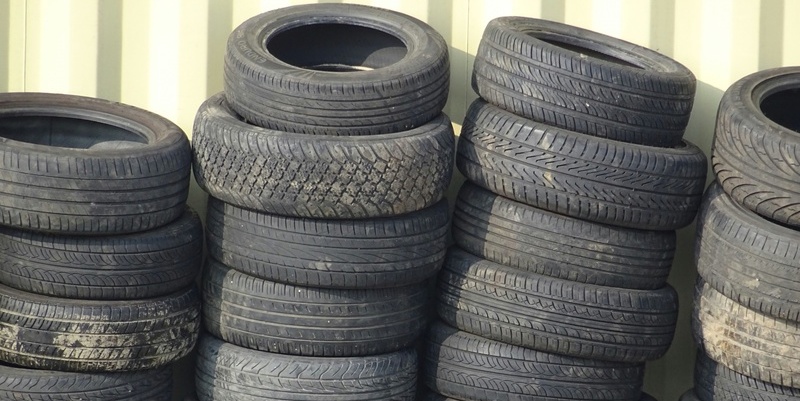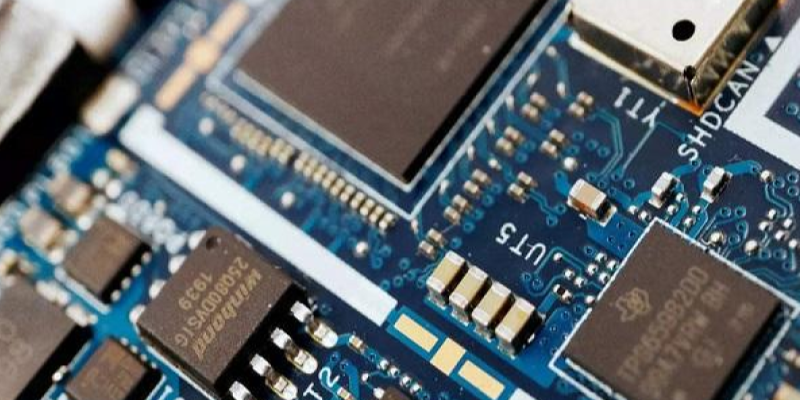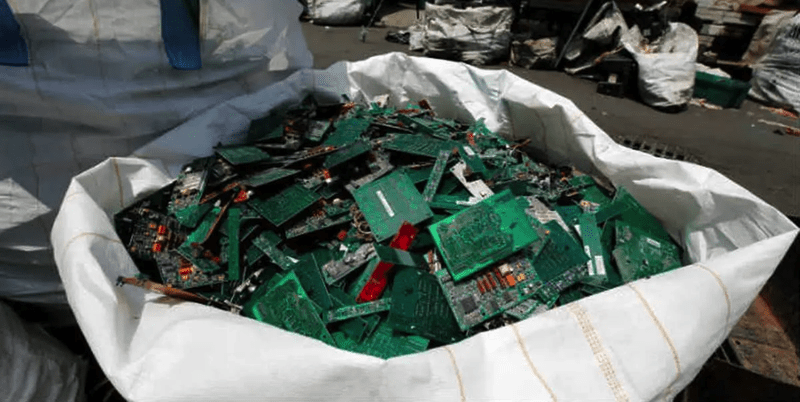Schedule a Call Back
49,000 MSMEs shut down in 10 years rendering 300,000 people jobless
 Industry News
Industry News- Jul 26,24

Related Stories

Indian tyre exports surge 17% in Q1 FY25; reach Rs 62.19 billion
In terms of export volumes, Passenger Car Radial (PCR) tyres led the category, followed by Motorcycle and Farm/Agri tyres in Q1 FY25.
Read more
Intel may split chip design and manufacturing businesses due to loss
The company reported a net loss of $1.61 billion in the second quarter of 2024, leading to a 26% drop in its stock price—the worst single-day performance in over 50 years.
Read more
Centre unveils $15 billion blueprint to establish India as a major chip hub
As part of the new blueprint, the government plans to reduce the capital expenditure subsidy for assembly and testing plants (ATMP/OSAT) from the current 50% to 30% for conventional packaging techno..
Read more












